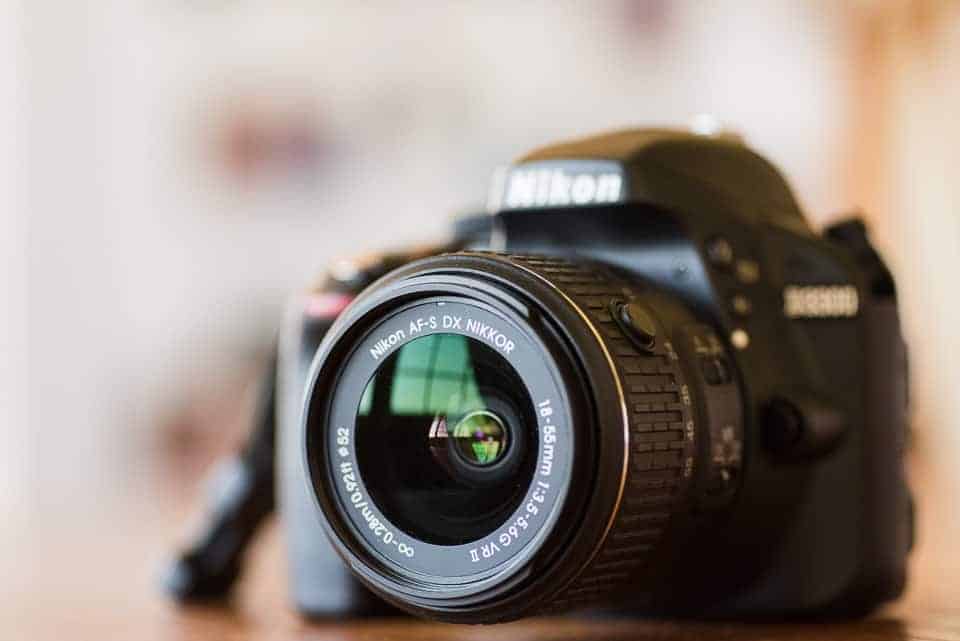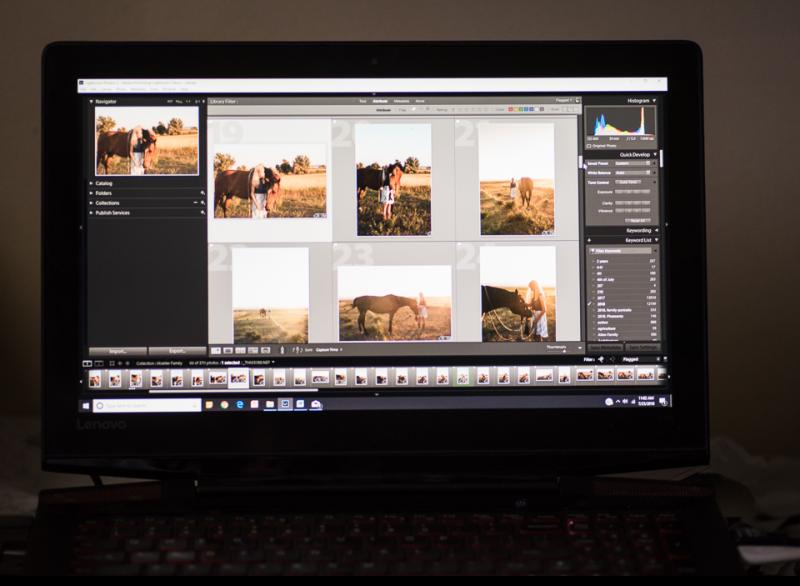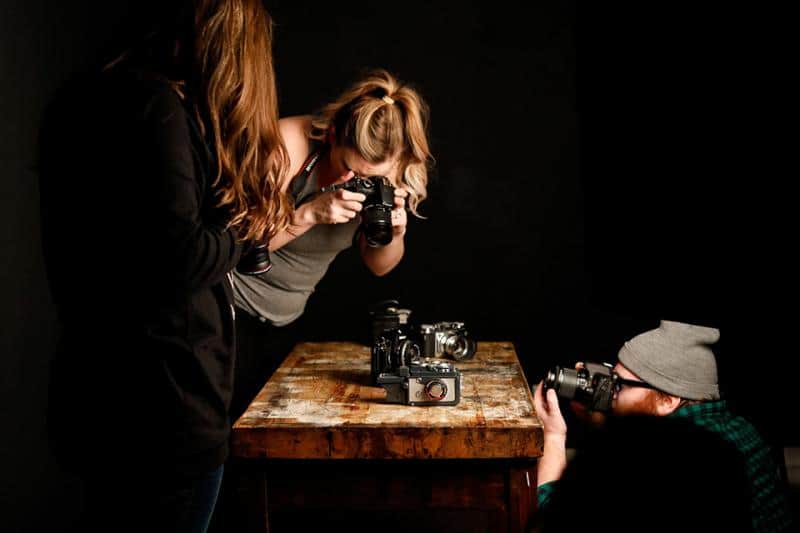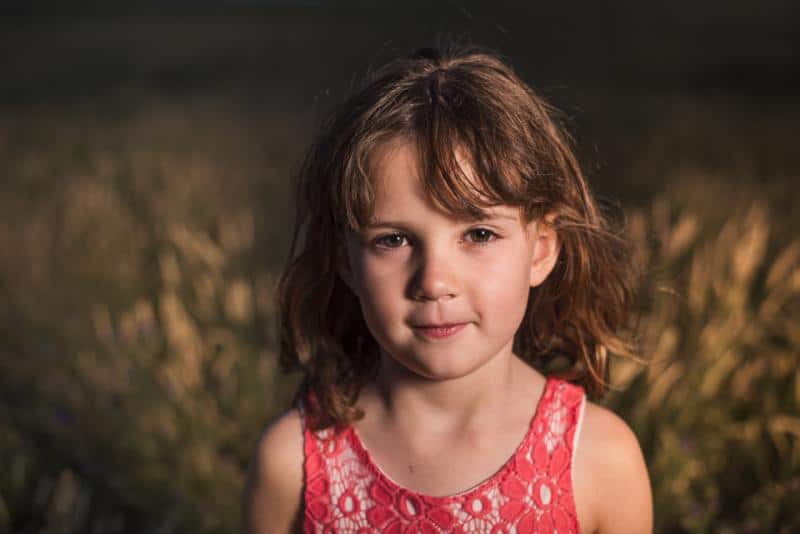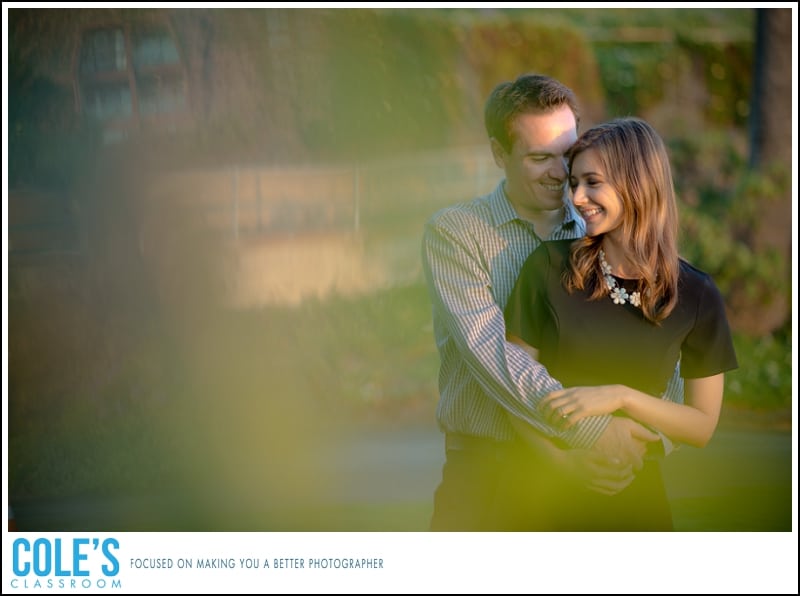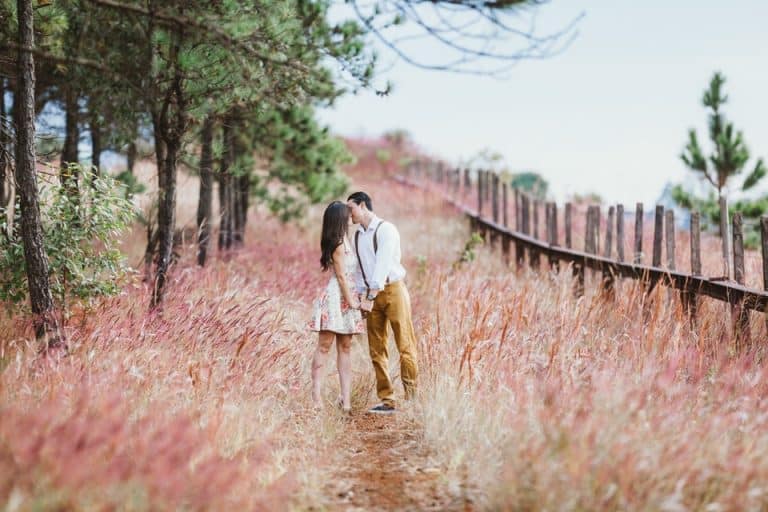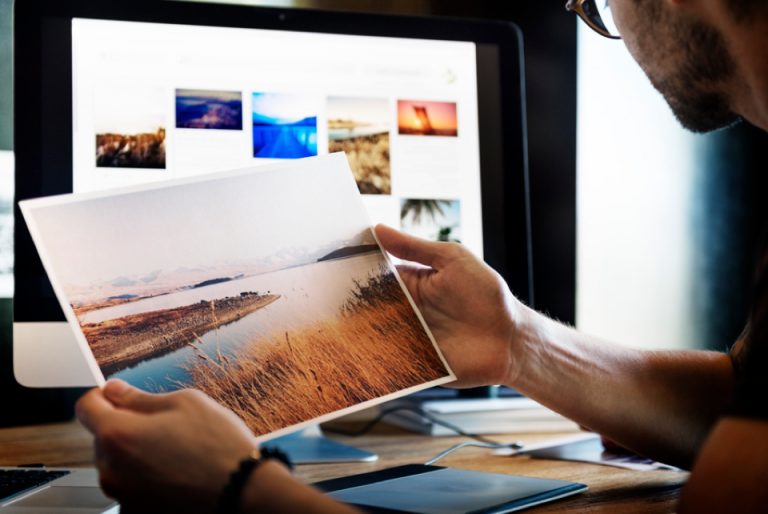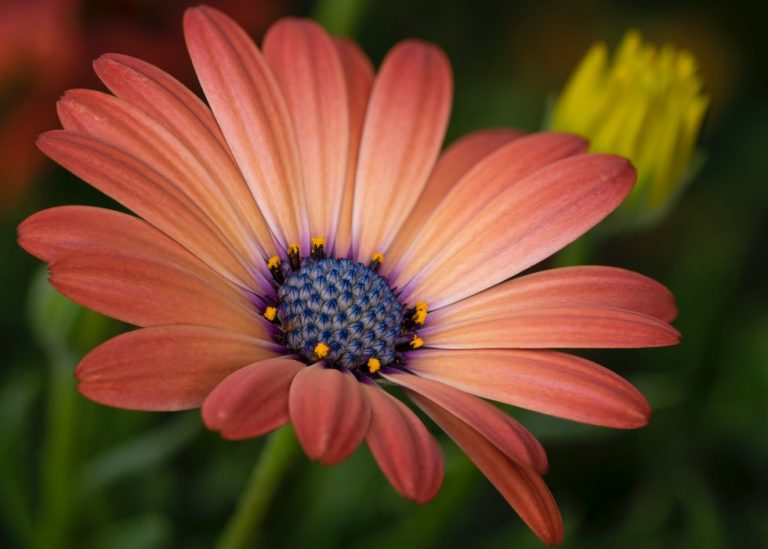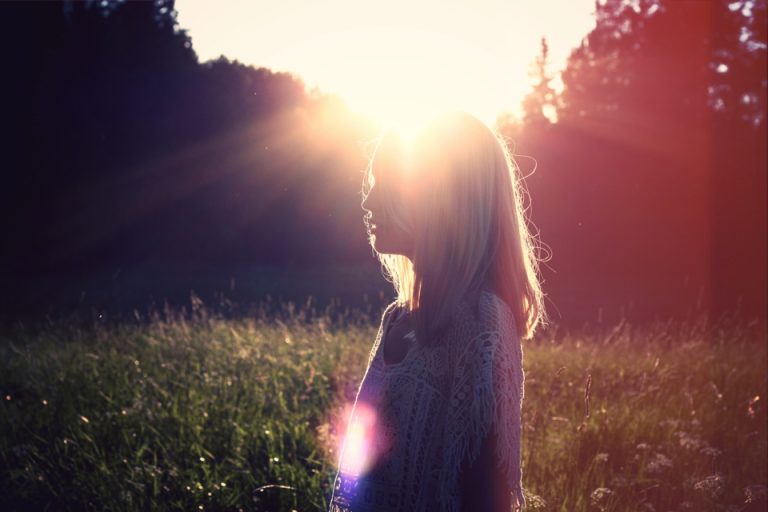Looking for some tips on photography for beginners? We have you covered!
There. See that mark right there? Those two little red marks on your arm? That’s where you got bit by the photography bug. You love taking photos with your cell phone. Kids, friends, food, vacay…if you experience it, you document it in a photo. You’ve decided you need some advice on photography for beginners. You’re ready to up your game and start shooting with the intent of improving your technique. So where do you start?
Learning photography used to be an expensive and somewhat mysterious process with film and darkrooms. Today it’s never been easier (or more affordable) to learn serious photography skills. There are photography blogs, videos, Facebook groups, books, and even Facebook groups about photography blogs. The hard part is knowing where to begin. Here are a few stops to make on your path from beginning photographer to photo pro.
Stop #1: Photography for Beginners: Choosing Your First Camera
Being a photographer requires a camera. But what camera should I buy as a beginning photographer? There are hundreds of cameras out there at multiple price points. Do you start small? Or invest in an expensive camera so your pictures will be even better?
Here’s a hint…Lebron James isn’t a great basketball player because he has expensive shoes. He works hard to hone his technique, maintain his body and understand the game. So too it is the work of the photographer that creates beautiful photos, not merely an expensive camera. The camera is the tool, but you must put in the work to use it to its full advantage.
I usually recommend that photography enthusiasts start with an entry-level DSLR or mirrorless camera. These cameras are compact, inexpensive and offer many advantages over a point-and-shoot camera or cell phone camera. You’ll see an immediate difference in quality over your images, and though basic, these cameras allow you to control the settings of each image you take fully.
After you’ve spent considerable time taking photos and mastering the basic elements of photography, you’ll know whether you love it enough to stick with it. Once you’ve made that commitment and knew exactly what you want from a camera, you’ll make a more informed decision.
For a complete guide on selecting your first camera, check out this Canon vs. Nikon tutorial! It will help you move past the brand name debate and choose a camera that best fits your needs.
Whatever camera you choose, the strength of your photos lies in your dedication to learning your camera and what makes compelling photography. All the features in the world aren’t worth much if you don’t know how to use them.
[ad id=’3′]
Stop #2: How Do I Start Learning Photography?
If you’re a beginning photographer, your second step should be learning about composition. Learning to see the light in a scene and using techniques like the rule of thirds, symmetry, negative space, leading lines and filling the frame will help you begin to move your images from snapshots to frame-worthy. These simple techniques are the groundwork upon which all great images are built.
Consider taking a class from your local community college, art gallery or camera store. There are also online classes and programs available to help immerse you in the world of photographic composition. One of the best places to find photography books is your local library! Their books are free and provide an excellent framework of ideas to get you started.
Stop #3: Now Start Shooting
Book learning is great, but it’s not worth much if you don’t get out there and start shooting. The best advice I can give on photography for beginners is just to get out there and click! Make it a habit to pick up your camera a few times a week and practice what you are learning. Better yet, shoot every day. Every. Single. Day. You can try a new technique, focus on a composition rule in each session or experiment with different genres of photography to find what speaks to you. The important thing is to get out there, camera in hand, and start shooting.
If you need some motivation or accountability, look into starting a photography project. It could be a weekly photo challenge where each week you focus on a different topic. Or it could be a 365-day project where you share your favorite image from the day via social media. It could even be theme based with an emphasis on color, letters, point-of-view, etc. Pick a project that will challenge your skills and keep you trucking down the road of improvement.
Read More about the Benefits of Participating in a Photo Project Here!
Stop #4: See What Develops – Editing Your Photos
The next question is what to do with all those images you have so lovingly shot. Digital photography can be as simple as taking your camera’s memory card to the local drugstore and having prints made. For maximum creativity, though, you’ll want some photo editing software program, a digital darkroom if you will.
For beginning photographers, a simple program like Google’s Snapseed or GIMP might be all you need. These free image editors allow you to adjust your image by increasing sharpness, making it brighter, red-eye removal or adjusting the color. There are also other basic improvement tools available.
Interested in Snapseed for your Mobile or Desktop? Read a Full Review Here!
Advanced editing programs like Adobe’s Lightroom or Photoshop offer full control of your images. Access to these high-end editing programs can be purchased together as a monthly subscription. Lightroom and Photoshop offer tools to really fine-tune your photos, including processing RAW files. Adobe offers a 30-day free trial for Lightroom and Photoshop, which is a great way to test run the software and see if it’s the right option for you. These programs, along with a scaled down version called Adobe Photoshop Elements, can help you develop a unique editing style, but come with a much steeper learning curve than many of the free programs.
Stop #5: Find Your Photography Tribe
Photography doesn’t have to be a solo art. It’s much more fun when you can share your passion with fellow shutterbugs. Check your area for local camera clubs or groups that offer art walks or group shoots. If you can’t find an in-person meeting, look for Facebook groups or other online forums. Groups like the CC Photo Pros can become your online photography family.
Surrounding yourself with like-minded individuals can help improve your images and your spirit. It’s fun to talk about the rule-of-thirds or that gorgeous sunset from last night with fellow photogs. Your new photography friends can offer basics such as friendship and safety when out shooting. But they can also be a great resource and give you…
- Helpful feedback and constructive criticism of your images
- New techniques or guidance
- New location ideas
- Different gear to try
- Accountability and motivation for improvement
Stop #6: Move Toward Manual
Camera, composition, practice, editing…check. Now what? If you find that you’ve worked on composition and have a good feel for your skills in auto mode, it is probably time to begin to fully master your camera and understand the actual elements of exposure…shutter speed, aperture, and ISO. These three elements are the cornerstones of the exposure triangle and the science behind every image.
What exactly is the exposure triangle and why do I need to know about it?
Knowing how each component works gives you complete control over your camera and how it records the light in a scene. Seasoned photographers use these elements to their advantage to begin to shape their images in the camera to match the vision in their heads. Mastering these elements isn’t the final destination on your photographic journey, but the gateway to seeing the world through your lens in a whole new way.
Destination: Success!
But how can I be a GOOD photographer you ask? Digital photography is one of the most popular hobbies in the world. Developments in technology like tablets and smart phones along with the vast amount of resources available online have put the ability to become a great photographer directly in your hands. Now is the time to start your journey from reading about photography for beginners to shooting like a seasoned pro. Choose your camera and then jump in with both feet! It’s merely a matter of dedicating yourself to learning the fundamentals of the craft and honing your skills. With study and practice, you’ll soon be getting those “WOW” shots that you love sharing with family and friends!
